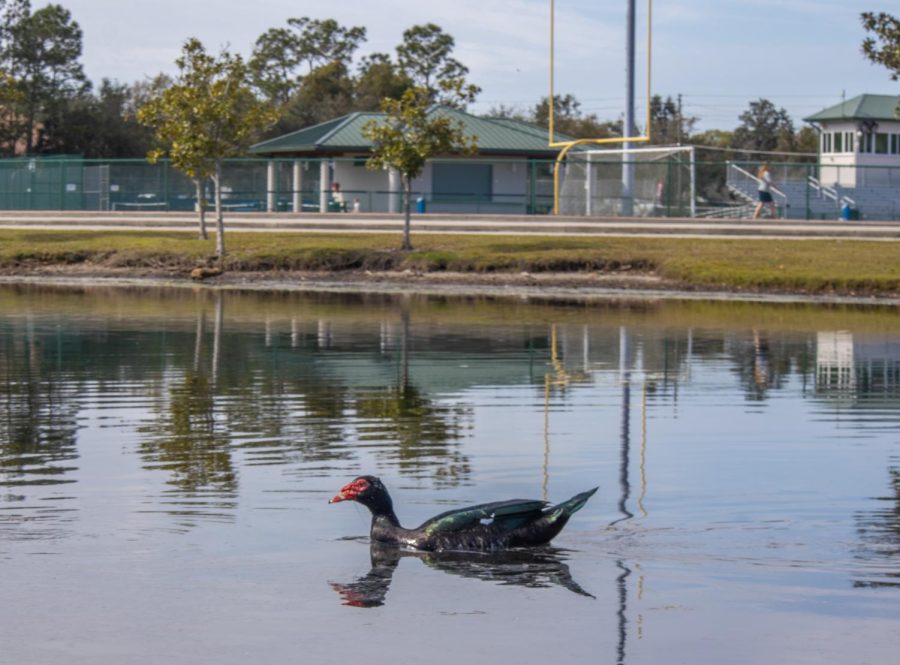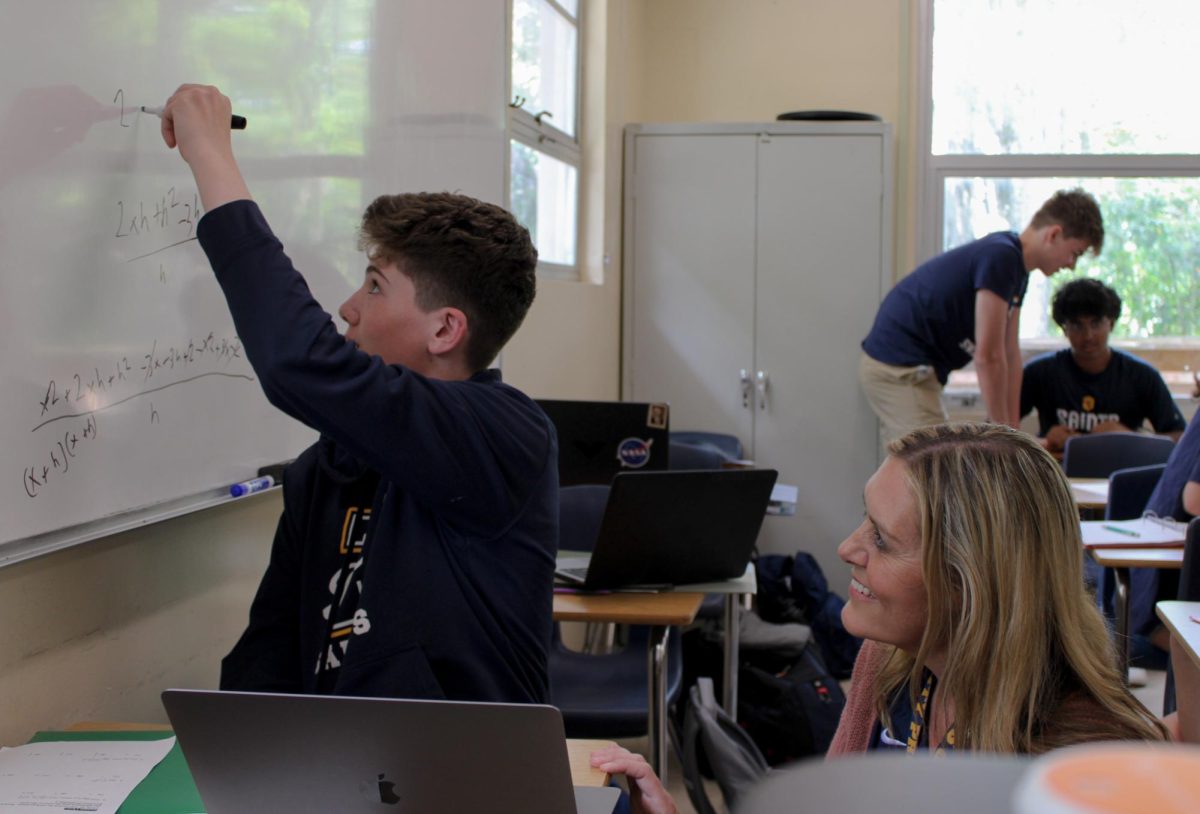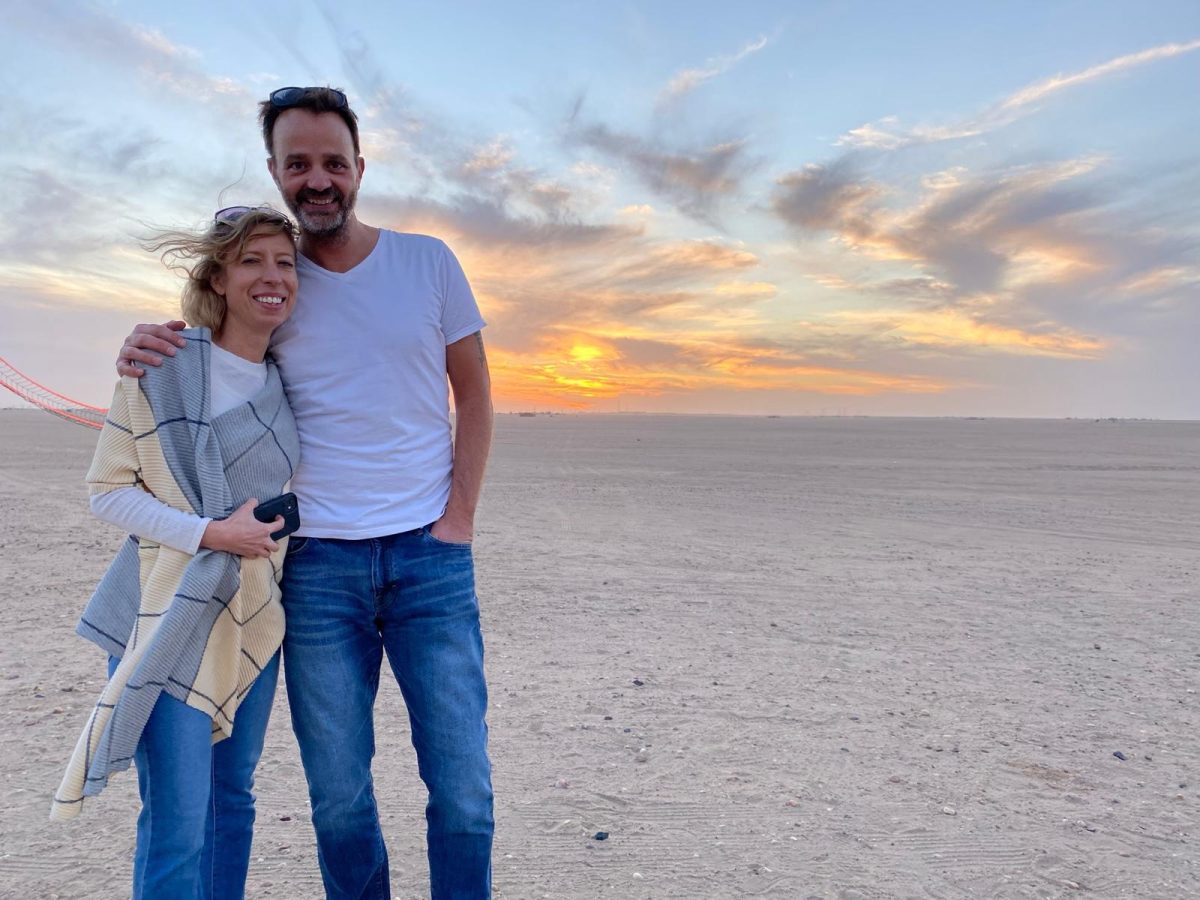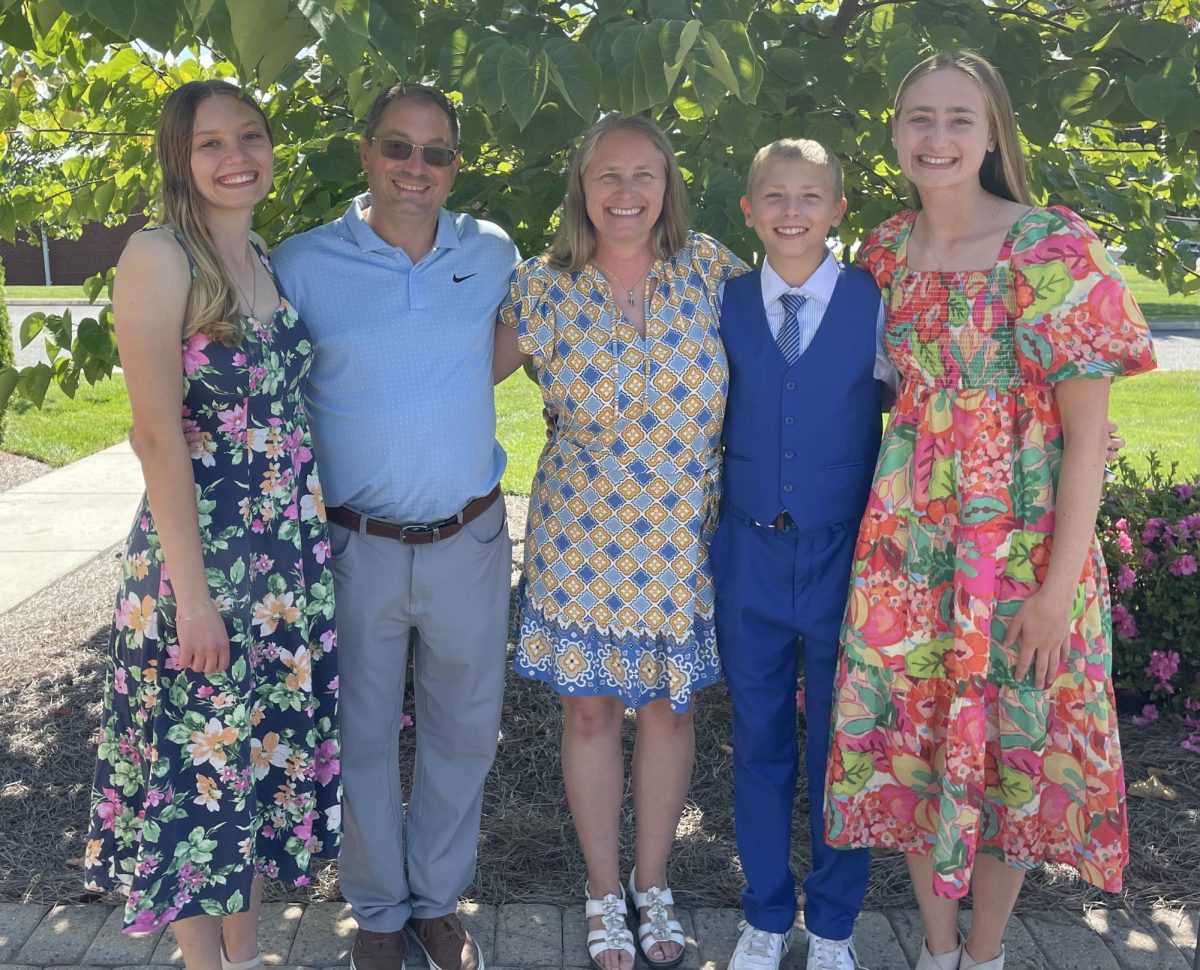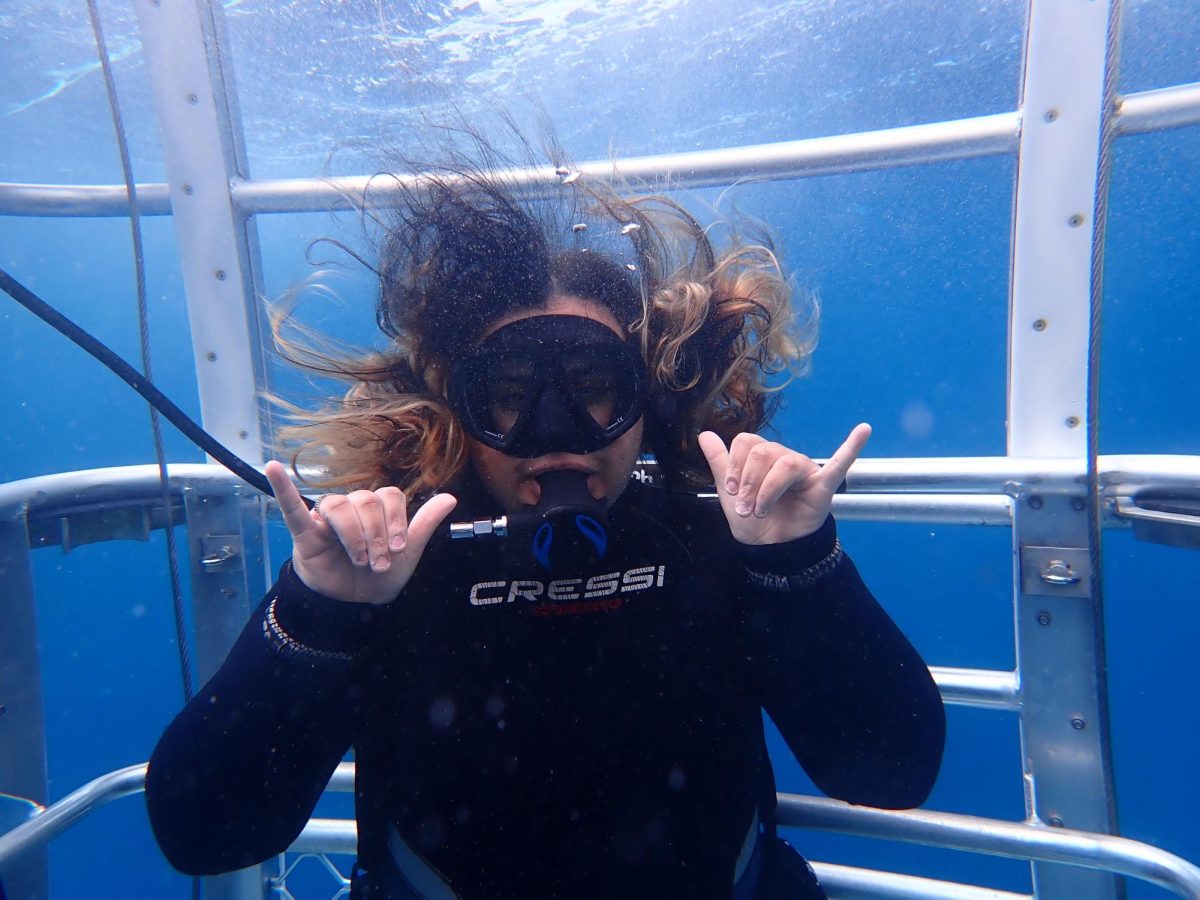The Rock has always been a statement piece in the quad, but a few years back, it captured Trinity’s attention for the nest underneath and eggs within. Muscovy ducks were the cause, and after living in non-native suburban areas for decades, the city of Winter Park has taken action.
On December 14th, Winter Park approved a removal program for the invasive Muscovy ducks. The ducks are native in the Rio Grande Valley of Texas, Uruguay, and the region of Mexico south to Argentina. According to the Florida Fish and Wildlife Conservation Commission website, Muscovy ducks quickly reproduce and populations can surge in a short period of time. These large populations have a considerable impact on the native species and environment.
“Especially here in Florida, a lot of [invasive species] can out-compete the native species,” Science teacher Margaret Smith said. “They end up pressuring them into different niches that they never had to occupy before.”
According to Smith, Carolina Anoles, or green anoles, were driven out of their native habitat in Florida by Knight Anoles and took shelter in higher levels of forest cover.
“The Carolina Anole isn’t living its full potential which is called its realized or fundamental niche,” Smith said. “It’s living in a realized niche.”
Knight Anoles have been invasive to Florida since the 1950s, and are just one example of invasive species challenging native species they now live alongside. Muscovy ducks are no exception as they carry a multitude of diseases that are transmitted to native ducks. In addition, they are very aggressive.
“I have had some come up to me and be very, very territorial about their space,” Smith said.
English teacher and birdwatcher Steven Krueger has noticed a significant reduction in bird populations.
“There’s been a really huge decline in birds over the last couple of decades. Monstrous numbers in the billions I believe,” Kruger said. “Anything that adds to the competition is not necessarily positive.”
According to Science.org, a survey done by US and Canadian researchers reveal that 3 billion birds in North America were lost since the 1970s. The exact causes have not been determined yet, but there are speculations.
“You’ve got climate change…loss of habitat, I believe, is a big one,” Krueger said. “Cats, to be quite honest. [Outdoor cats] kill millions a year, but that is legitimately a top five or six cause.”
The Muscovy duck removal program applies to city property and public education. Besides active removal, it also contains plans of modifications to habitat and a re-establishment of native species. According to the Park Ave Magazine, Director of Natural Resources and Sustainability Gloria Eby said that an experienced trapper will be hired to humanely relocate the Muscovy ducks.
Trinity has not joined the removal program for the ducks on campus, yet there are some that harbor environmental concerns.
“If you can take [the ducks] out of the system in a humane way, then that’s better long-term,” Krueger said. “Not for the duck, but for the collective environment.”




